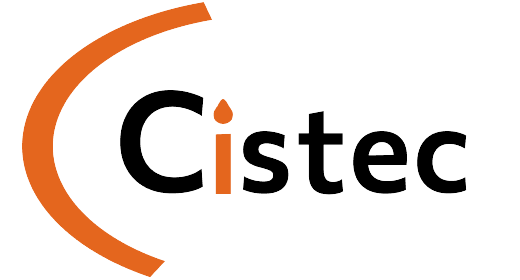The impact of market depth on cryptocurrency negotiation
As the world becomes increasingly digital, the rise of cryptocurrencies created a new scenario for commerce. With thousands of altcoins available and the potential to make quick profits, traders have a variety of options. However, a crucial factor that can significantly affect commercial performance is the depth of the market.
In this article, we will delve deeper into the concept of depth of the market, its effect on cryptocurrency trade and what is needed to navigate the complexities of high frequency negotiation (HFT).
What is the depth of the market?
The depth of the market refers to the number of buyers and sellers available in a specific market, as well as their willingness to negotiate. In cryptocurrency markets, the depth of the market can be measured by the volume of negotiations performed by a price movement unit.
A deeper market provides more liquidity, which means traders have more opportunities to buy or sell at favorable prices, reducing the risk of losses. On the other hand, an excessively saturated market with limited liquidity can lead to higher business costs and reduced profits.
The impact of market depth on cryptocurrency negotiation
The depth of the market plays a critical role in determining the profitability of cryptocurrency negotiation. Here are some key factors that influence the depth of the market:
1.
- Order Book Size : The size and complexity of the order book can significantly affect the depth of the market. Larger books with more buyers and salespeople can offer better liquidity and negotiation opportunities.
3.
- Order flow
: Order flow refers to the number of purchase and sale orders performed by price movement unit. A positive flow flow indicates liquidity, while a negative flow suggests saturation.
High frequency (HFT) negotiation and market depth
High frequency negotiation is a strategy used by traders to take advantage of market inefficiencies and quickly execute high -speed negotiations. HFT involves using sophisticated algorithms to analyze large data volumes and execute negotiations in second fractions.
The depth of the market plays a critical role in HFT as it can affect the speed and efficiency of commercial execution. In deeper markets more liquidly, traders have an advantage in terms of speed and accuracy. On the other hand, excessively saturated markets with limited liquidity can slow down the execution of trade, leading to increased costs and reduced profits.
Depth Navigation of the Complex Market **
To navigate with complex depth of the market effectively, traders must:
- Understand the dynamics of the Order Book : Traders must understand how the dynamics of the order book affect the depth of the market, including the impact of limited orders, stopping orders and market manufacturers.
- Identify Market Structures : Market structures play a critical role in determining the depth of the market. Traders must identify the type of market structure to optimize their negotiation strategy.
- Monitor Order Flow : Continuously monitor the flow of orders to anticipate market trends and adjust negotiating strategies.
- Use multiple trading platforms : Use multiple negotiating platforms with different liquidity sources to maximize trading opportunities.
Conclusion
Market depth is a critical factor in cryptocurrency negotiation, influences profitability, commercial execution speed and overall performance. Understanding the factors that affect market depth and implementing effective strategies to navigate complex markets, traders can increase their chances of success in the volatile cryptocurrency world.

